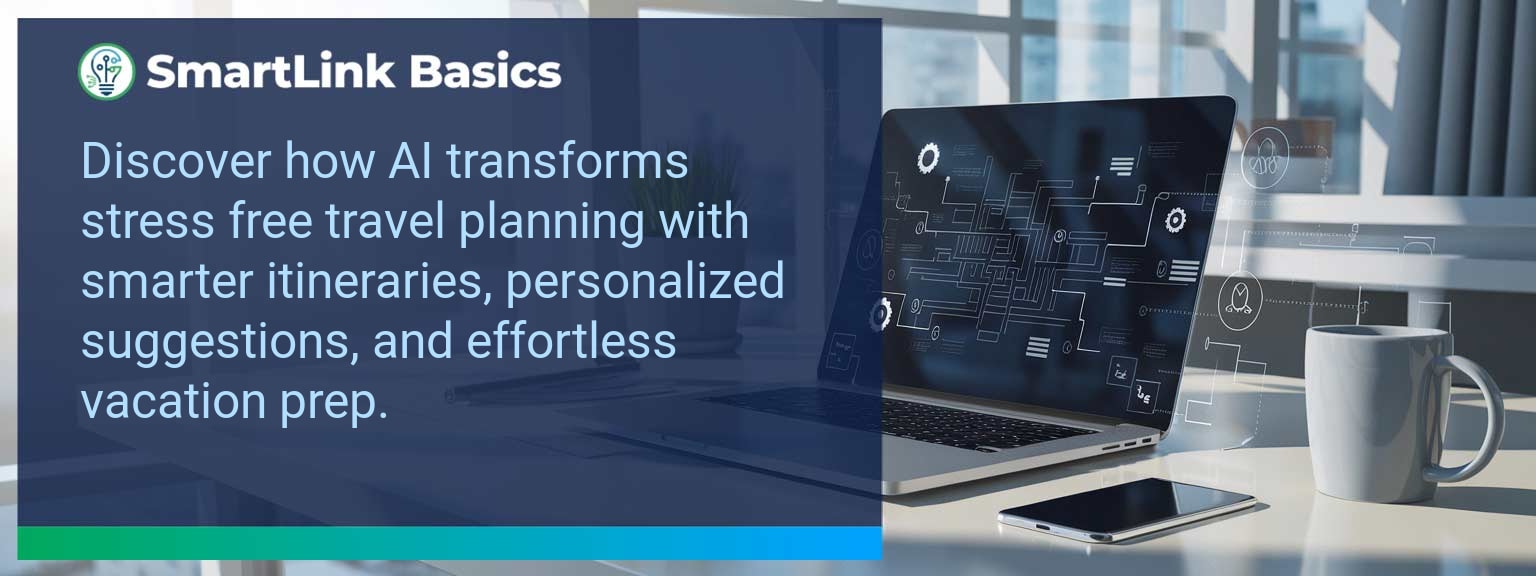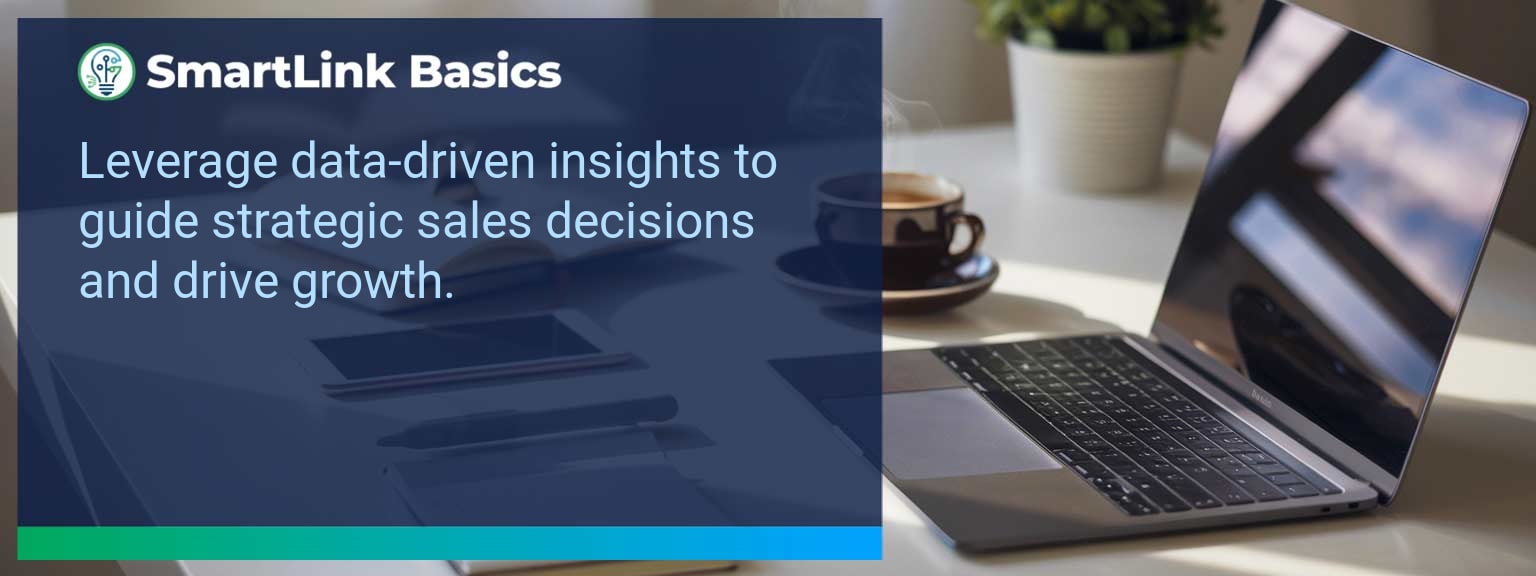Travel planning can consume hours in research, cross-checking, and decision-making. According to a 2024 Expedia survey, travelers spend an average of 20+ hours organizing a single trip, often leading to decision fatigue before the journey begins. At SmartLink Basics, we see parallels between high-stakes sales strategy and stress free travel planning—both require clear objectives, precise execution, and intelligent support systems. This article shows sales leaders and decision-makers how AI-driven tools can streamline every stage of trip planning. You’ll learn how AI travel planning platforms deliver accurate itineraries, smart recommendations, and automation that removes the burden of manual coordination.
- AI eliminates repetitive travel research by centralizing data
- Dynamic itinerary creation based on personal preferences
- Real-time updates for flights, weather, and local events
- Automated booking across flights, hotels, and attractions
- Predictive adjustments to avoid disruptions and save costs
The Struggles Of Manual Itinerary Building
Constructing a detailed travel itinerary by hand often means juggling multiple tabs, comparing incomplete data, and relying on outdated information. This fragmented workflow mirrors sales teams pulling from disconnected CRMs, spreadsheets, and reports—it’s inefficient and prone to errors.
When travelers manually assemble plans, they risk missing optimal flight connections, overlooking relevant local events, or locking in higher prices through delayed decisions. For a business traveler negotiating client meetings abroad, these mistakes can directly impact revenue.
Using AI trip planning with integrated systems eliminates this fragmentation. It consolidates options, filters by preferences, and updates instantly, ensuring accurate decisions without wasted motion.
How AI Simplifies The Travel Process
AI travel planning tools analyze thousands of data points to recommend transport, accommodations, and activities that align with specific goals. By applying similar algorithms to business travel, leaders can preempt missed opportunities and maximize trip ROI.
For instance, a sales VP attending a global conference can receive an AI-generated itinerary that optimizes meeting slots around flight schedules, factoring in local traffic and time zones. Instead of starting from scratch, the decision-maker only tweaks details to match strategy.
The actionable takeaway: deploy an AI trip planner capable of integrating with your calendar, CRM, and expense management systems so each journey drives measurable results.
Improved Planning Experience And Trip Enjoyment
Stress free travel planning ensures not only logistical readiness but also mental bandwidth for high-value work during a trip. The less time you spend hunting for restaurants or checking weather updates, the more focus you retain for strategic client conversations.
A McKinsey 2023 report found that automation in personal scheduling boosted executive productivity by up to 20%. Applied to travel, that gain shows up as on-time arrivals, smoother transitions, and better alignment with revenue objectives.
Action point: assign a single AI platform to manage both personal and professional travel itineraries for better consistency and cost control.
The Next Generation Of Smart Travel
Emerging platforms now merge AI travel planning with predictive analytics. They forecast potential delays, adjust connections, and even shift meeting times automatically to mitigate impact.
A future-ready approach includes cross-device synchronization, allowing for real-time collaboration between assistants, executives, and travel coordinators. It mirrors adaptive revenue planning models—anticipating issues and adjusting without direct intervention.
To stay ahead, decision-makers should test solutions that combine personalization, automation, and business integration, ensuring travel and strategy remain in sync.
Metrics That Matter
| Category | Metric | Definition | Target |
|---|---|---|---|
| Leading | AI Itinerary Adoption Rate | % of trips planned using AI tools | >75% |
| Lagging | On-time Meeting Start Rate | % of scheduled meetings starting as planned | >95% |
| Quality | Traveler Satisfaction Score | Post-trip survey rating of planning experience | 8/10+ |
Get the 90-day plan, coaching rubric, and dashboard template to operationalize AI in your enablement program.
AI-Driven Tools Will Be Standard in Travel Planning
Stress free travel planning is now a realistic outcome thanks to AI-driven itinerary tools that deliver precision, adaptability, and time savings. By embracing these systems, leaders can convert complex travel schedules into seamless experiences that support strategic objectives. Review the AI-driven sales enablement resources from SmartLink Basics to explore more ways to integrate automation into your planning process.









